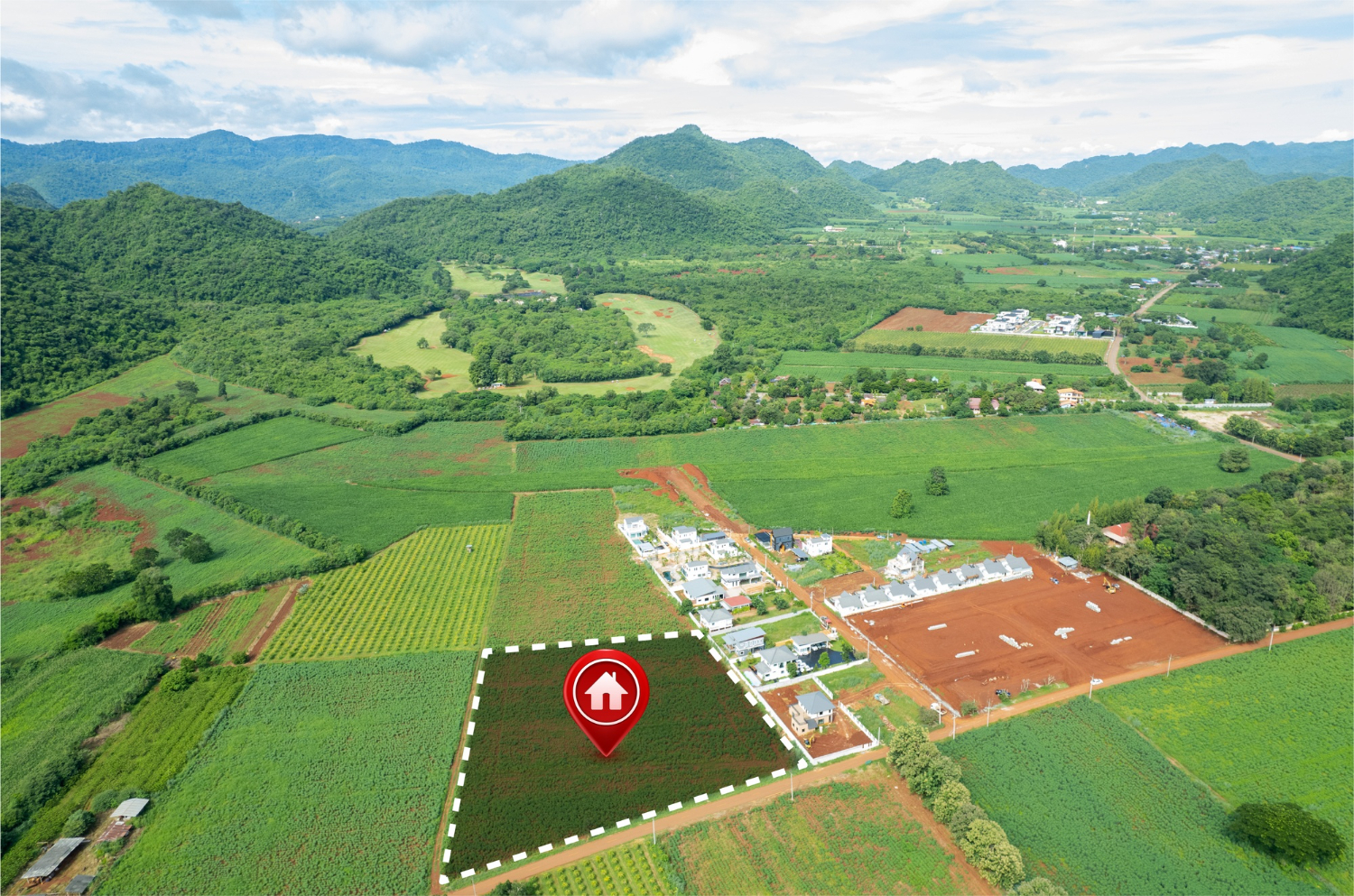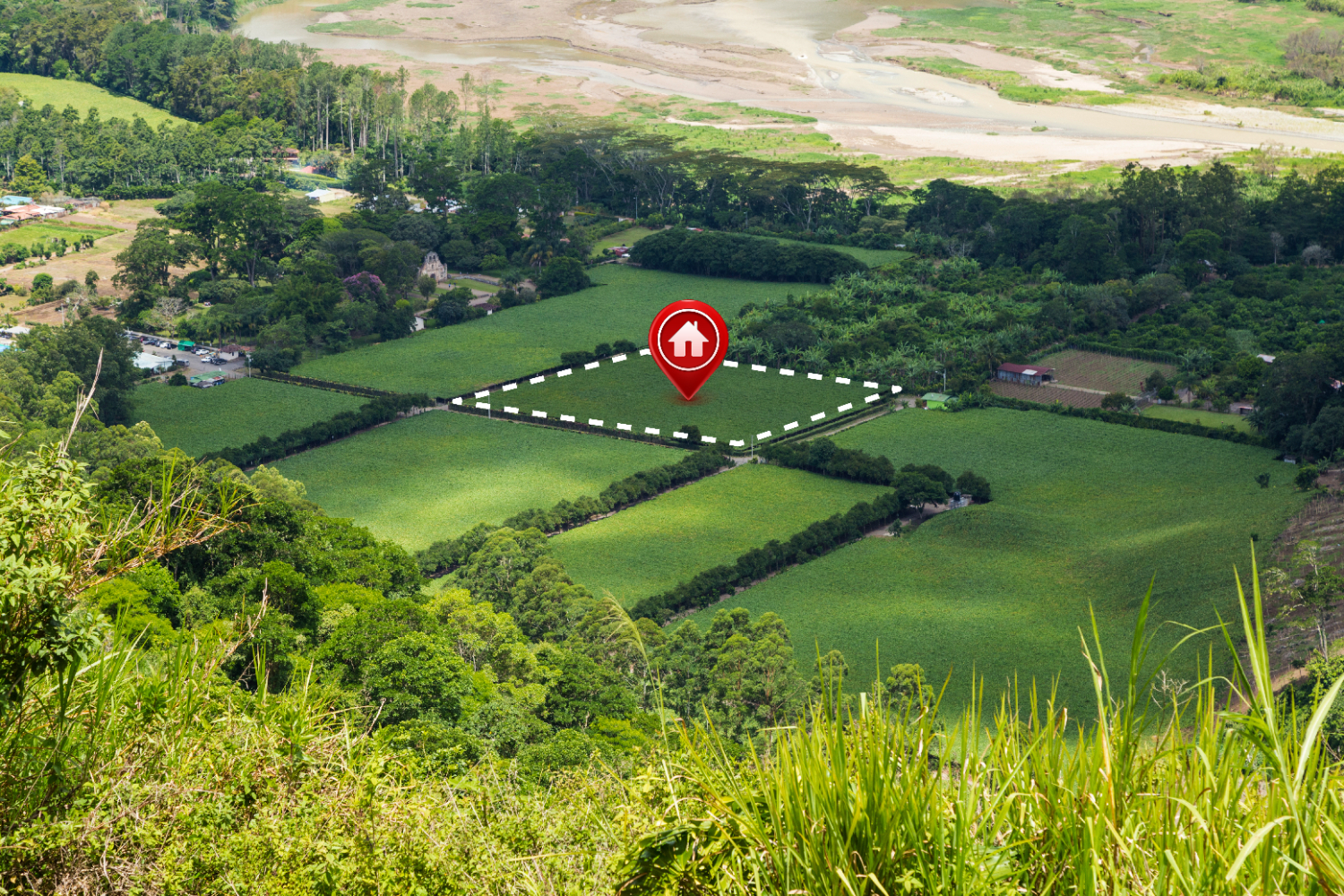Buying land is a significant investment that requires careful consideration of various factors. Whether you are looking to build your dream home, start a new business, or simply hold onto the land as an asset, making an informed decision is crucial. Each parcel of land is unique, and understanding the key aspects that affect its value can help you avoid costly mistakes and ensure your investment pays off.
Location is one of the primary considerations when purchasing land. The right location can enhance the value of the property and its future potential. However, there are other important factors to take into account, such as zoning laws, which determine how the land can be used. Ignoring these regulations can result in legal issues and restrict your plans for the property.
Other critical aspects include the topography and soil quality of the land, which influence the type of construction or agricultural activities that can be carried out. Moreover, access to utilities and infrastructure is essential for the development and usability of the land. In this guide, we will explore each of these key factors in detail to help you make a well-informed decision when buying land.
Evaluating Location and Accessibility
The location of land is one of the most crucial factors to consider. Proximity to essential services like schools, hospitals, and shopping centers can enhance the property’s value and make it more desirable. When evaluating a location, consider its growth potential. Areas with planned developments or those experiencing rapid growth can see an increase in property values over time.
Accessibility is another key aspect. Land that is easily accessible by main roads or highways is more valuable. Consider the condition of the roads and the distance to major transportation hubs. Easy access to public transportation can also be a significant advantage.
Safety and community aspects are also important to evaluate. Research the crime rates and the overall safety of the area. A well-maintained community with good reputation can significantly boost the value of your property. By thoroughly examining these factors, you can ensure that the location you choose aligns with your needs and future goals.
Understanding Zoning Laws and Regulations
Zoning laws and regulations determine how land can be used and developed. It is essential to understand these laws before purchasing land to avoid potential legal issues. Zoning classifications can include residential, commercial, agricultural, industrial, and mixed-use. Each category has specific rules about what can be built or developed on the land.
Researching local zoning laws can provide insights into future development plans for the area. For instance, land zoned for commercial use might have more flexibility for various types of businesses compared to residential-zoned areas. Check with local planning and zoning departments for information about any restrictions or future zoning changes.
Additionally, understand the permits and approvals required for your intended use of the land. Sometimes, you may need to undergo a lengthy approval process or environmental assessments before proceeding with development. Knowing these regulations in advance can help you plan better and avoid unexpected delays or costs.
Assessing Land Topography and Soil Quality
Understanding the topography and soil quality of the land is essential in the evaluation process. A plot’s physical characteristics affect its usability, development potential, and overall value. Flat and gently sloping land is often easier and more cost-effective to develop compared to hilly or uneven terrain. Developers and builders usually prefer flat land as it requires less grading, excavation, and preparation work.
Soil quality is another crucial aspect to consider. Conduct soil tests to determine its composition, drainage capabilities, and bearing capacity. Poor soil quality can limit building possibilities and increase construction costs. For example, certain soil types may not support heavy structures or may require extensive foundation work. Identifying these issues early can help in planning and budgeting for potential development.
Additionally, consider any natural features such as rocks, trees, or water bodies. While some features can enhance the aesthetic appeal and value of the land, others may pose challenges for construction. Balancing these factors is key to making a well-informed decision about the land’s potential and its market value.
Investigating Utilities and Infrastructure Availability
Availability of utilities and infrastructure is a significant factor in land evaluation. Access to essential services like water, electricity, sewage, and internet can greatly enhance a land parcel’s appeal and value. Potential buyers or developers usually look for land that offers these basic utilities to avoid the high costs and difficulties associated with installing them.
Check the proximity and accessibility of existing utility lines. Land that already has connections to public utilities is generally more attractive and valuable because it saves time and money. Conversely, properties without existing access may require significant investment to bring in necessary services, which can deter potential buyers or developers.
Infrastructure availability, including roads, public transportation, and connectivity, also plays a crucial role. Well-developed road networks and easy access to transportation hubs increase land value by ensuring better accessibility. Evaluate the condition of nearby roads and the distance to major highways, airports, and public transport services. High connectivity can significantly boost the land’s marketability and attractiveness to prospective buyers or investors.
Conclusion
Evaluating land involves a detailed assessment of multiple factors, from topography and soil quality to the availability of utilities and infrastructure. Each of these elements contributes to the land’s overall value and development potential. Making an informed decision about land requires understanding how these factors interplay and impact usability and cost.
Approaching land evaluation with a comprehensive strategy ensures that you accurately appraise its worth and can confidently engage with buyers or developers. By carefully considering physical characteristics, legal regulations, and infrastructure, you can present a clear and attractive proposal to potential investors.
If you’re ready to take the next step in appraising and selling your land or need expert advice, contact us at 7Land Corp. Our team is dedicated to helping you navigate through land evaluations and ensuring you get the best possible value. Reach out to us today!




